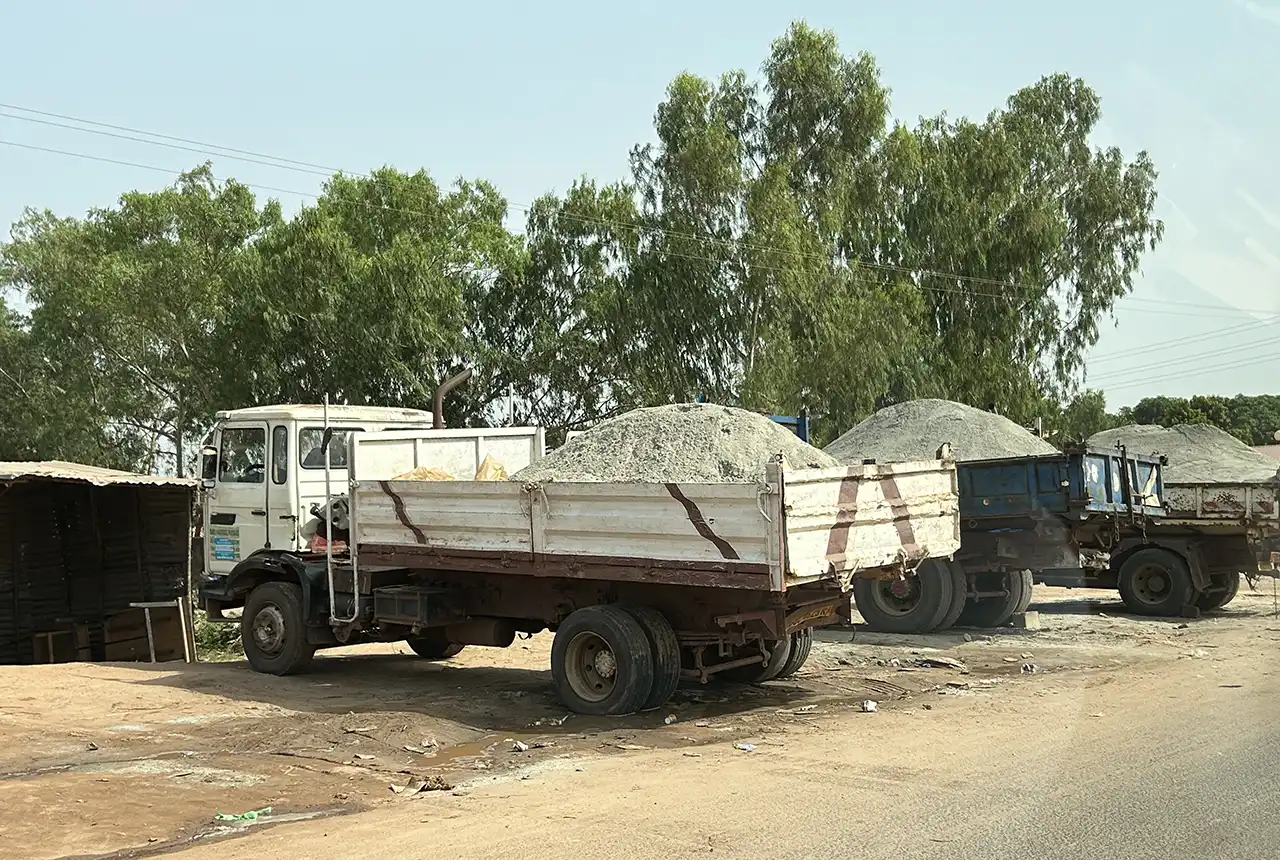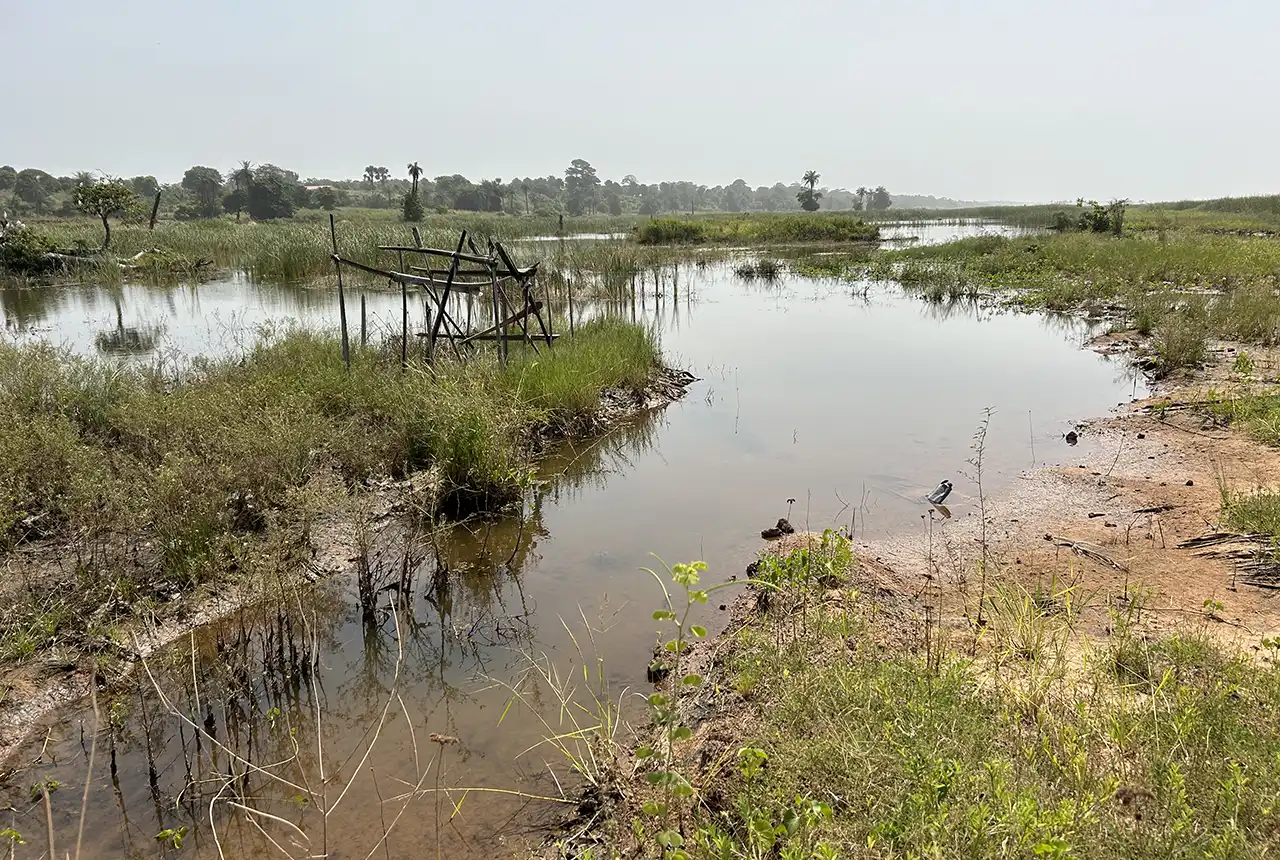Mining sand sustainably in The Gambia
BGS geologists Tom Bide and Clive Mitchell travelled to The Gambia as part of our ongoing work aiming to reduce the impact of sand mining.
17/09/2024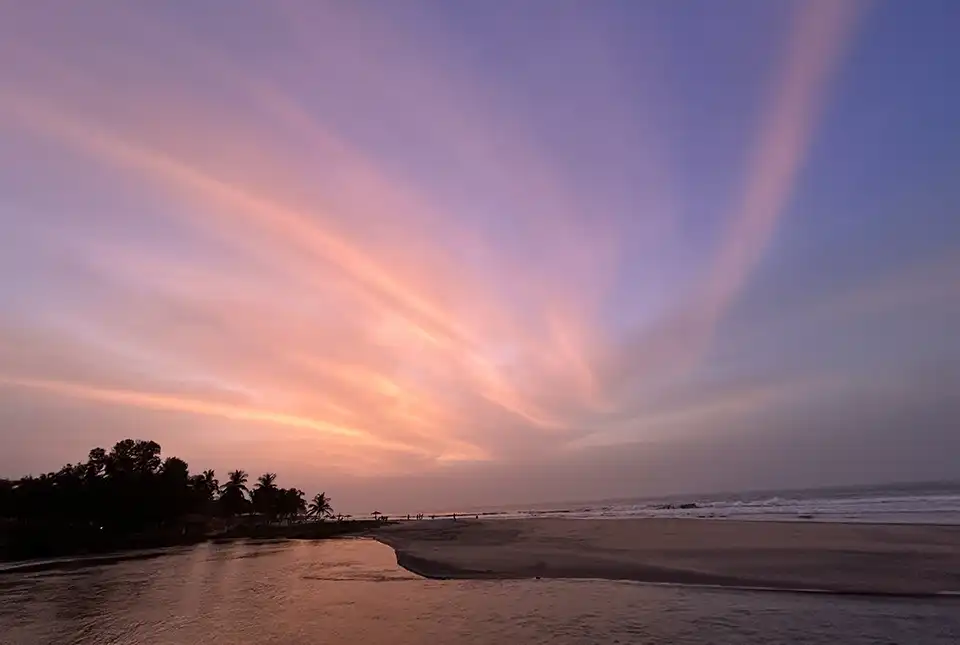
BGS has been working to reduce the global impact of sand mining through its International Geoscience Research and Development (IGRD) programme. After a successful trip to Malaysia in early 2023 and development of good practice guidance, the BGS team was keen to work alongside international partners in countries where sand mining and supply has become a major national issue.
In the autumn of 2022, Alieu Jawo, the director of the Geological Department of The Gambia, visited BGS to discuss the acute shortage of sand faced by his country. As is the case for many countries going through a construction boom, shortages of sand are causing numerous problems, including:
- increased levels of illegal mining
- damage to fragile environments
- delays to construction of new buildings and infrastructure
Ultimately, shortages of sand are negatively affecting national economic development. Could this be an ideal opportunity to understand if the tools BGS is developing could be usefully applied in the field?


We certainly thought so and our gracious hosts at the Geological Department in The Gambia quickly put us to work training their staff in geological fieldwork techniques for mapping sand resources. This was my first time in west Africa and, away from the breeze of the coast, the heat of the midday sun and high humidity made working an exercise in finding shade. I couldn’t decide whether this was better or worse than my usual environment of muddy Yorkshire fields in the rain…
Sand supply
It was very apparent that sand supply is a critical issue in The Gambia. Due to an increasingly urban population, there is a burgeoning construction industry and a pressing need for new roads and infrastructure. This is driving a huge demand for construction materials, principally sand — a demand that has become impossible to deliver sustainably using traditional sources. There is a real need for better understanding of the geology and environmental processes to help find new sand resources and understand what the effects of extraction might be.
During two weeks of field visits and discussions with government, policymakers and industry, we obtained an in-depth understanding of the huge amounts of damage caused by the resource demands of a rapidly developing nation combined with a legacy of poor controls on extraction. We visited vast swathes of what used to be pristine coastal dunes that have been reduced to low-lying swamps by over-extraction of sand. Whilst being driven between field sites, we passed truck after truck loaded with sand and crushed lateritic soil. Almost every house seemed to have a pile of sand outside, reminding us of how important supply was at both a national and local levels.
Despite the obvious challenges being faced by The Gambia, there are plenty of reasons for optimism. The enthusiasm of the staff at the Geological Department for using geoscience to help the country develop was contagious. There are already identified improvements that could be made on managing mineral resources, such as development of better geological data and models, as well as straightforward actions for the industry, like processing the sand to so it can be used for higher-value applications such as concrete, as opposed to fill material.
Marine sands
The Gambia also faces significant risks though its race to develop. Marine dredging is seen by many as the solution to sand shortages in the country. Whilst marine sands can certainly be an important and low-impact source for construction material, without detailed understanding of marine geology, hydrography and biology it also has the potential to cause significant negative environmental effects.
Luckily this is something we do very well in the UK and we were able to pass a lot of accepted good practice (for example, that published by the British Marine Aggregate Producers Association) to industry and government representatives during our visit. It has also given the BGS team lots of good ideas as to how we can develop better tools and share knowledge to help countries like The Gambia continue to access the raw materials essential for development in a sustainable way.
About the authors
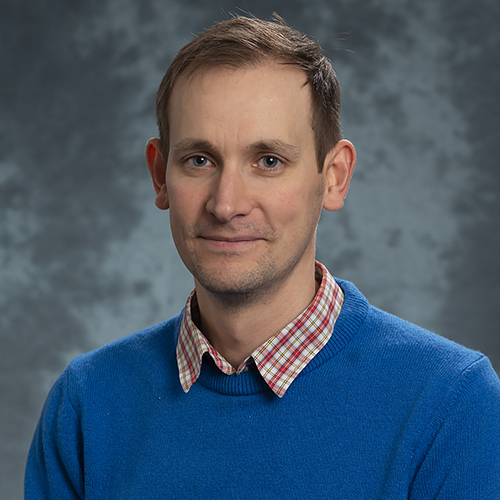
Tom Bide
Minerals geoscientist
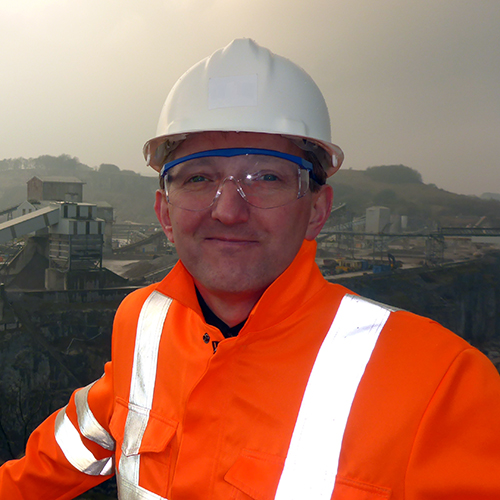
Clive Mitchell
Industrial minerals geologist
Relative topics
Related news

Hole-y c*@p! How bat excrement is sculpting Borneo’s hidden caves
23/12/2025
BGS researchers have delved into Borneo’s underworld to learn more about how guano deposited by bats and cave-dwelling birds is shaping the subsurface.

BGS awarded funding to support Malaysia’s climate resilience plan
17/12/2025
The project, funded by the Foreign, Commonwealth & Development Office, will focus on minimising economic and social impacts from rainfall-induced landslides.
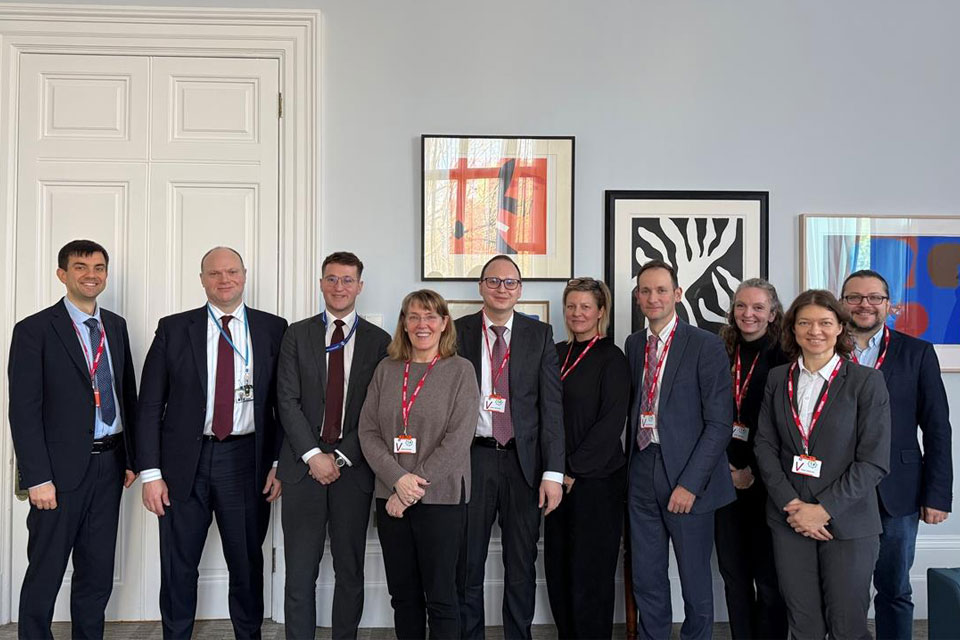
BGS agrees to establish collaboration framework with Ukrainian government
11/12/2025
The partnership will focus on joint research and data exchange opportunities with Ukrainian colleagues.
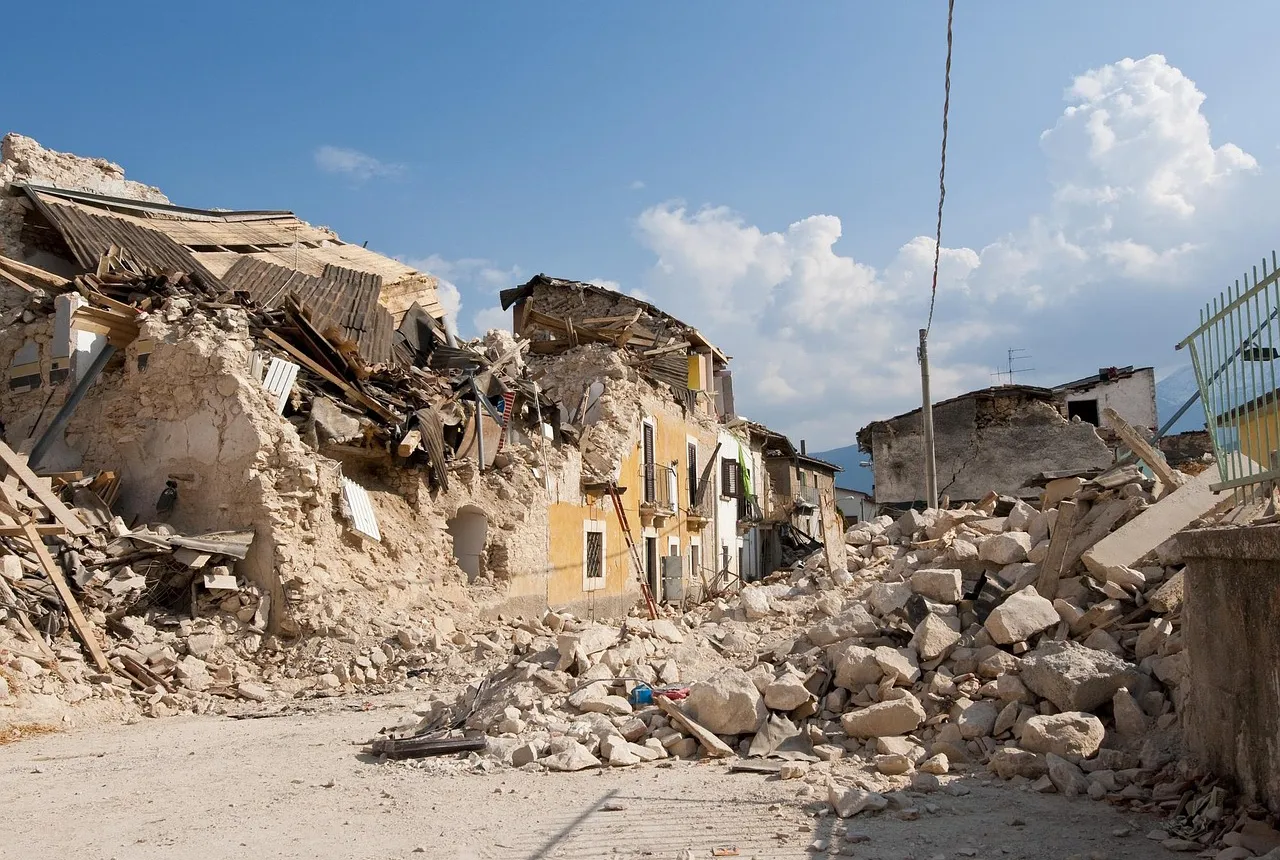
New research shows artificial intelligence earthquake tools forecast aftershock risk in seconds
25/11/2025
Researchers from BGS and the universities of Edinburgh and Padua created the forecasting tools, which were trained on real earthquakes around the world.
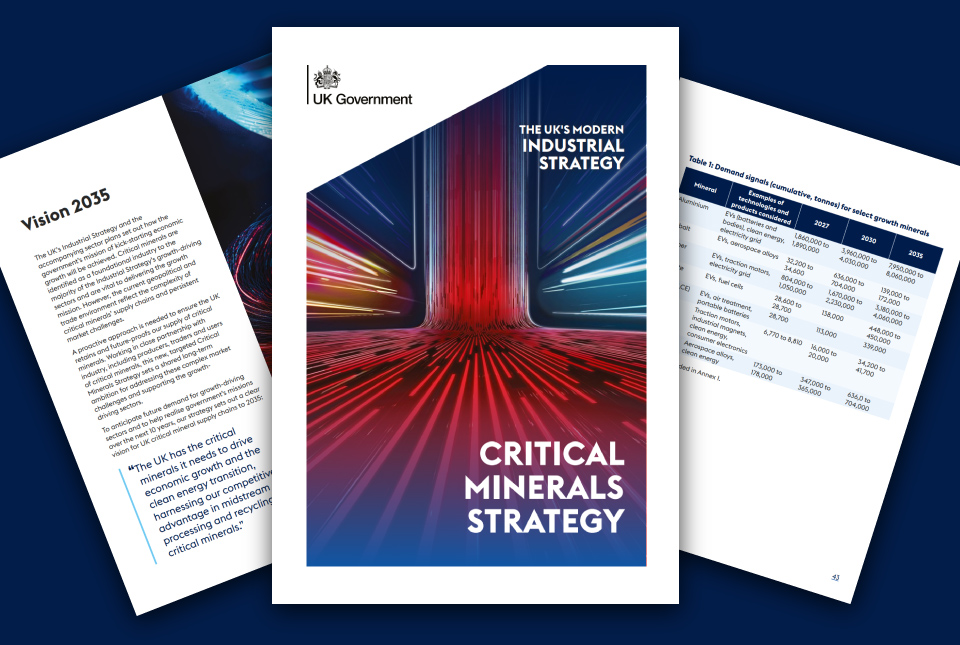
BGS welcomes publication of the UK Critical Minerals Strategy
23/11/2025
A clear strategic vision for the UK is crucial to secure the country’s long-term critical mineral supply chains and drive forward the Government’s economic growth agenda.
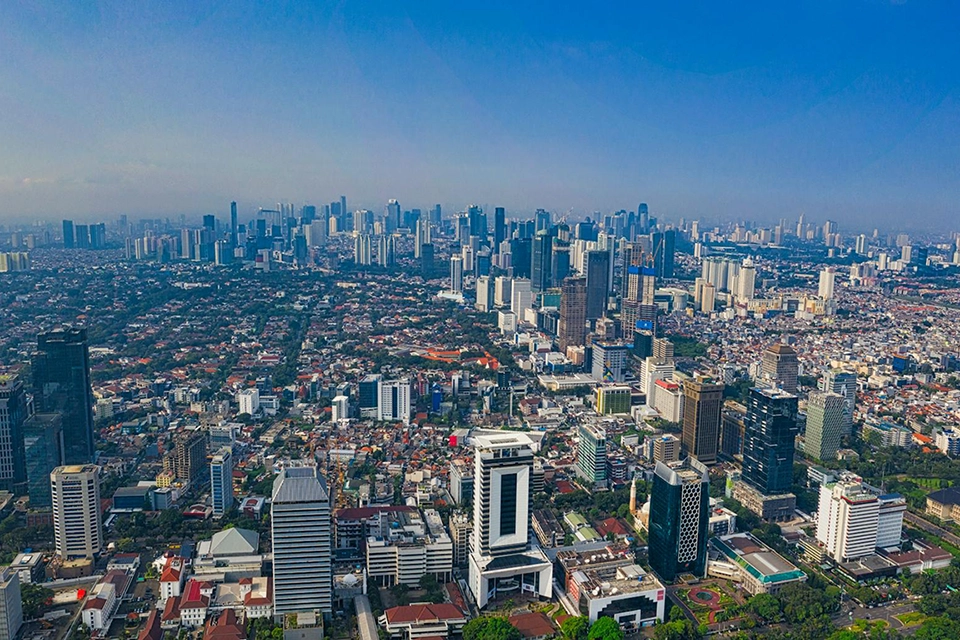
New research highlights significant earthquake potential in Indonesia’s capital city
04/11/2025
Research reveals that a fault cutting through the subsurface of Jakarta could generate a damaging earthquake of high magnitude.
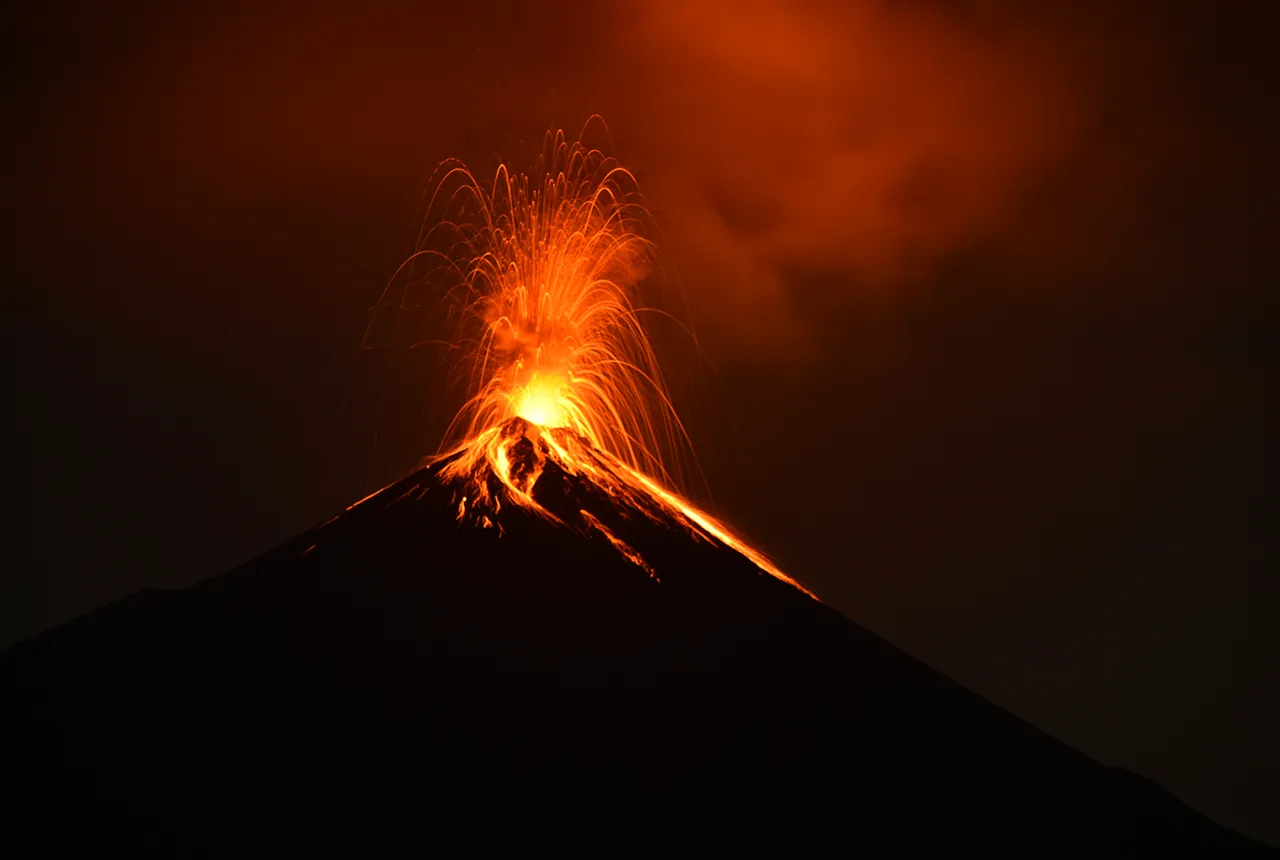
Fieldwork on Volcán de Fuego
13/10/2025
Understanding how one of the world’s most active volcanoes builds up material, and how they collapse to feed hot flows
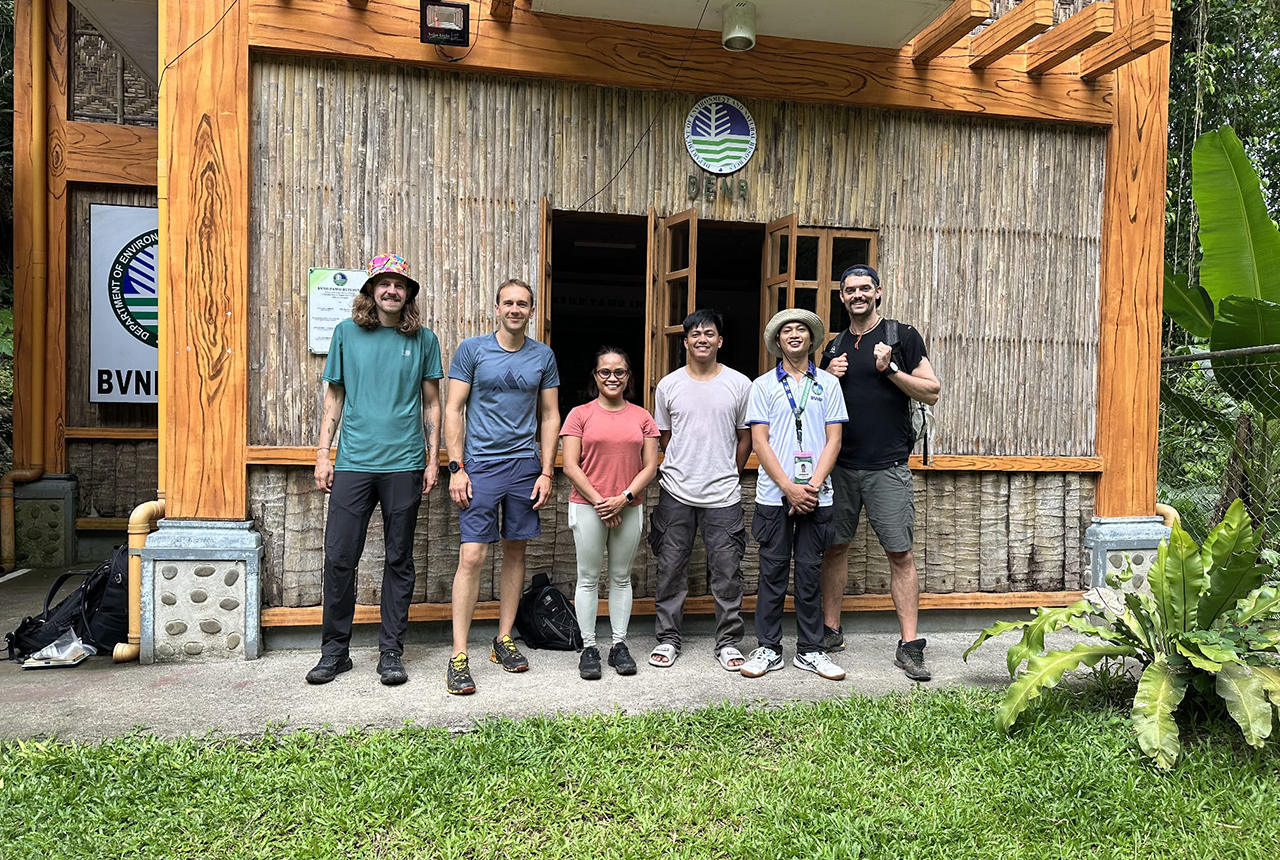
PhD adventures in the Philippines: coring around Lake Bulusan
05/09/2025
Chris Bengt recounts his two-week field trip to Bulusan Volcano Natural Park in the Philippines to collect lake sediment cores, fresh soil and water samples.
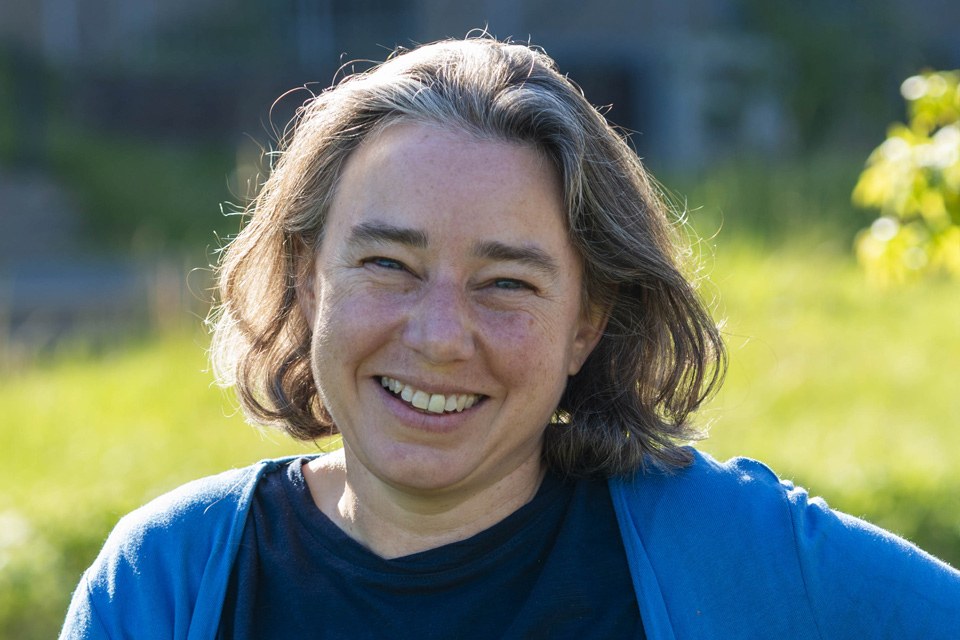
Dr Kathryn Goodenough appointed as honorary professor by the University of Aberdeen
25/08/2025
Dr Goodenough will take up the position within the School of Geosciences with a focus on critical minerals and the energy transition.
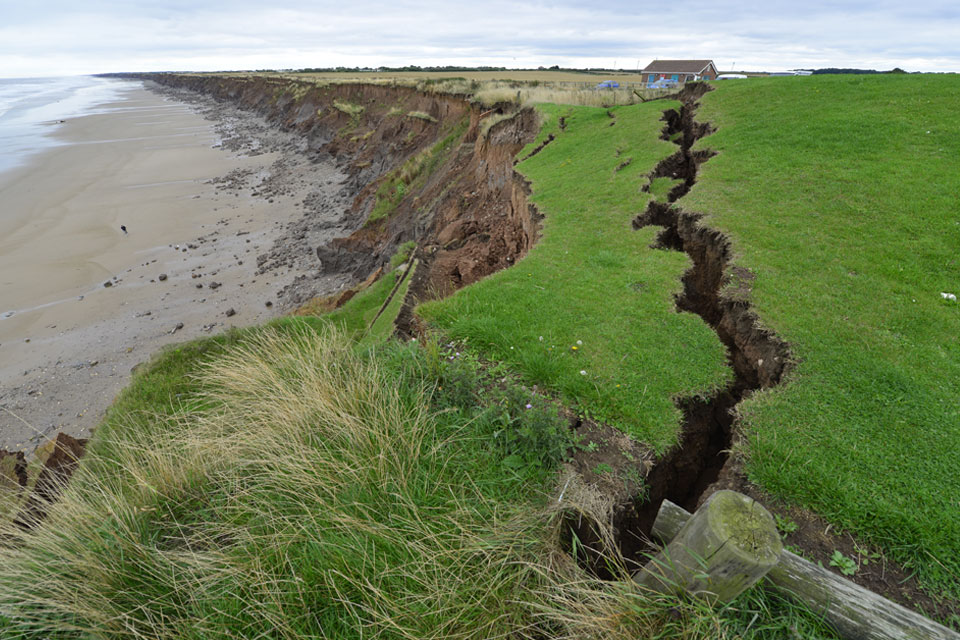
BGS scientists work with United Nations to update hazard profiles
21/08/2025
From tsunamis to sinkholes, the profiles provide a standardised, internationally agreed definition of hazards to support disaster risk management worldwide.
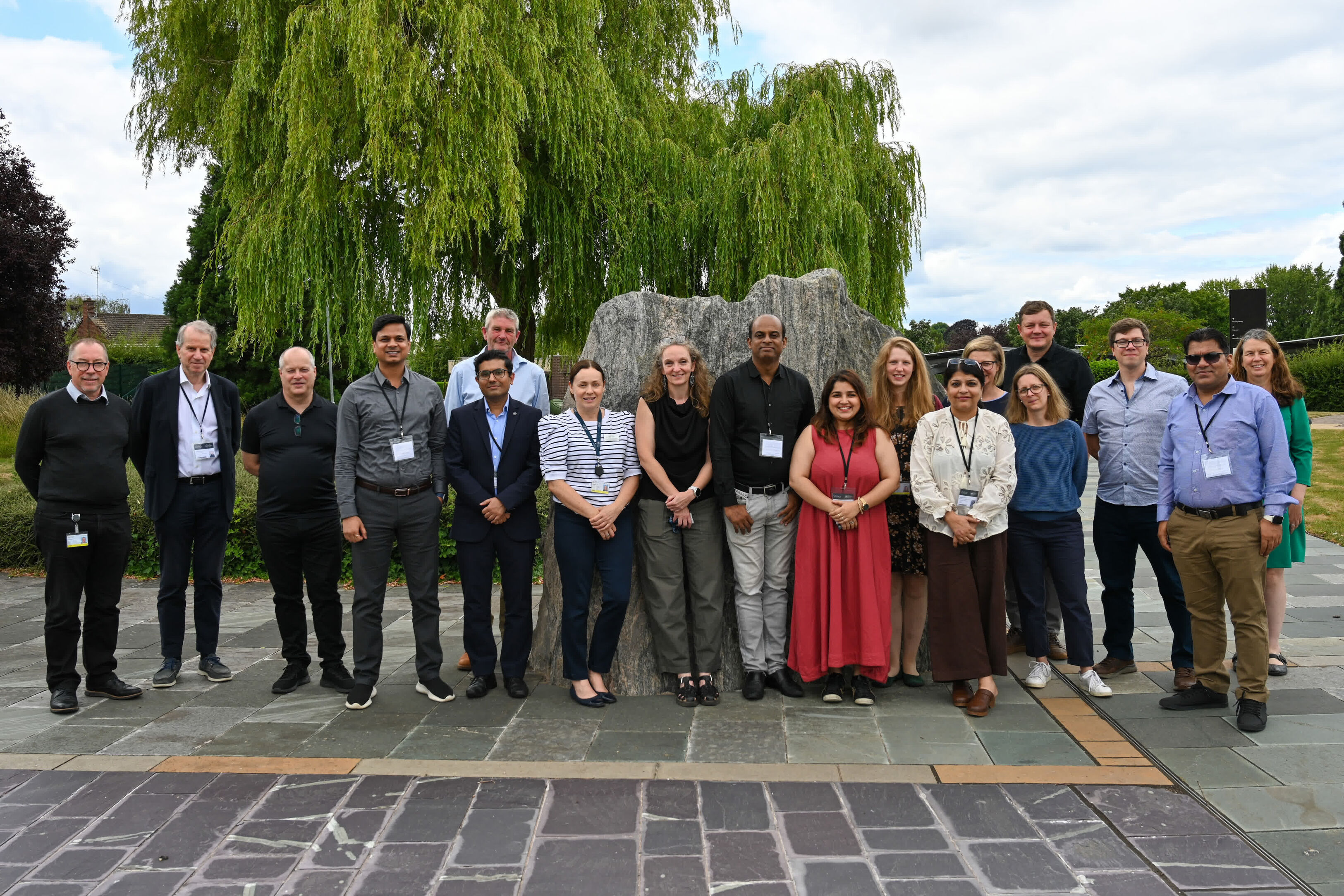
BGS hosts India for ‘deep dive’ on carbon capture and storage
30/07/2025
Some of India’s top scientists visited BGS to explore the UK’s carbon dioxide storage research potential.
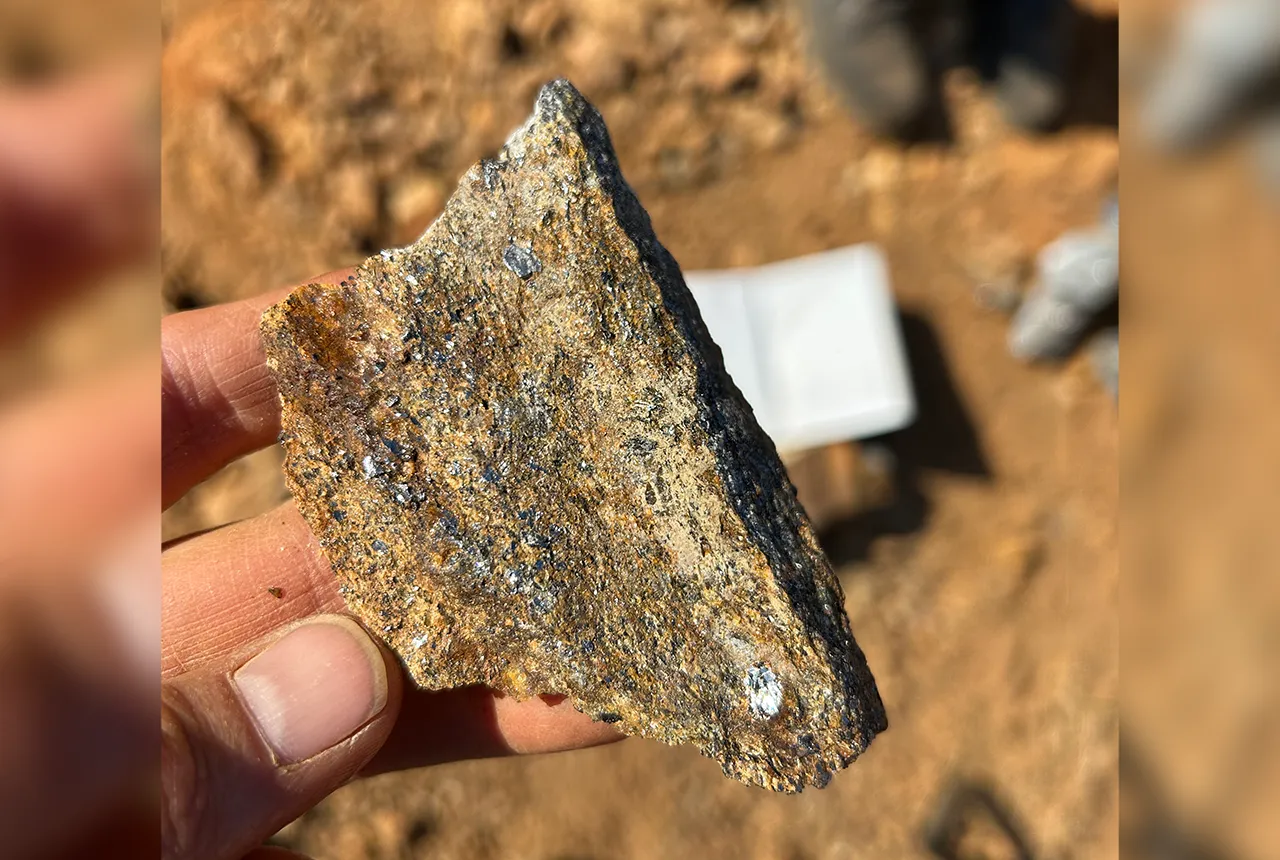
Zambia’s first critical minerals guide supports the country’s potential in global clean energy transition
18/07/2025
A new guide to Zambia’s critical minerals highlights the country’s current and potential critical mineral resources, including cobalt and lithium.



